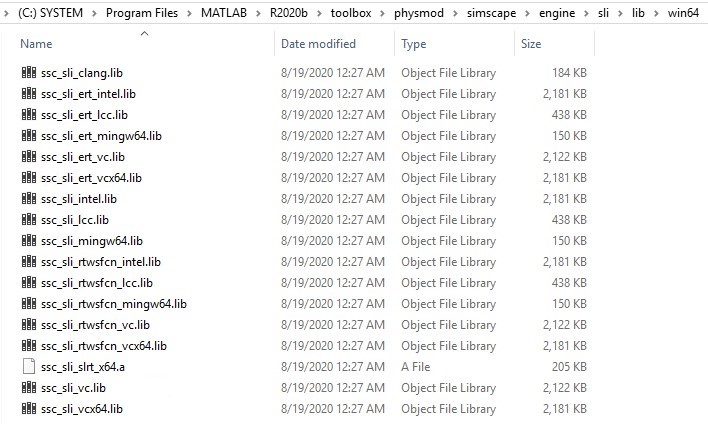Part Number: TMS320F28069
Tool/software: TI C/C++ Compiler
Targeting C2000 hardware from Simulink codegen. Basic Simscape model fails code generation due to TI C linker not locating library files.
Specific note in the error messaging to contact TI technical support. Model and output attached. Support case CS0358648.
Example model file exhibiting failure.
https://e2e.ti.com/cfs-file/__key/communityserver-discussions-components-files/81/TI_5F00_Simscape_5F00_CodeGen_5F00_Test.7z




